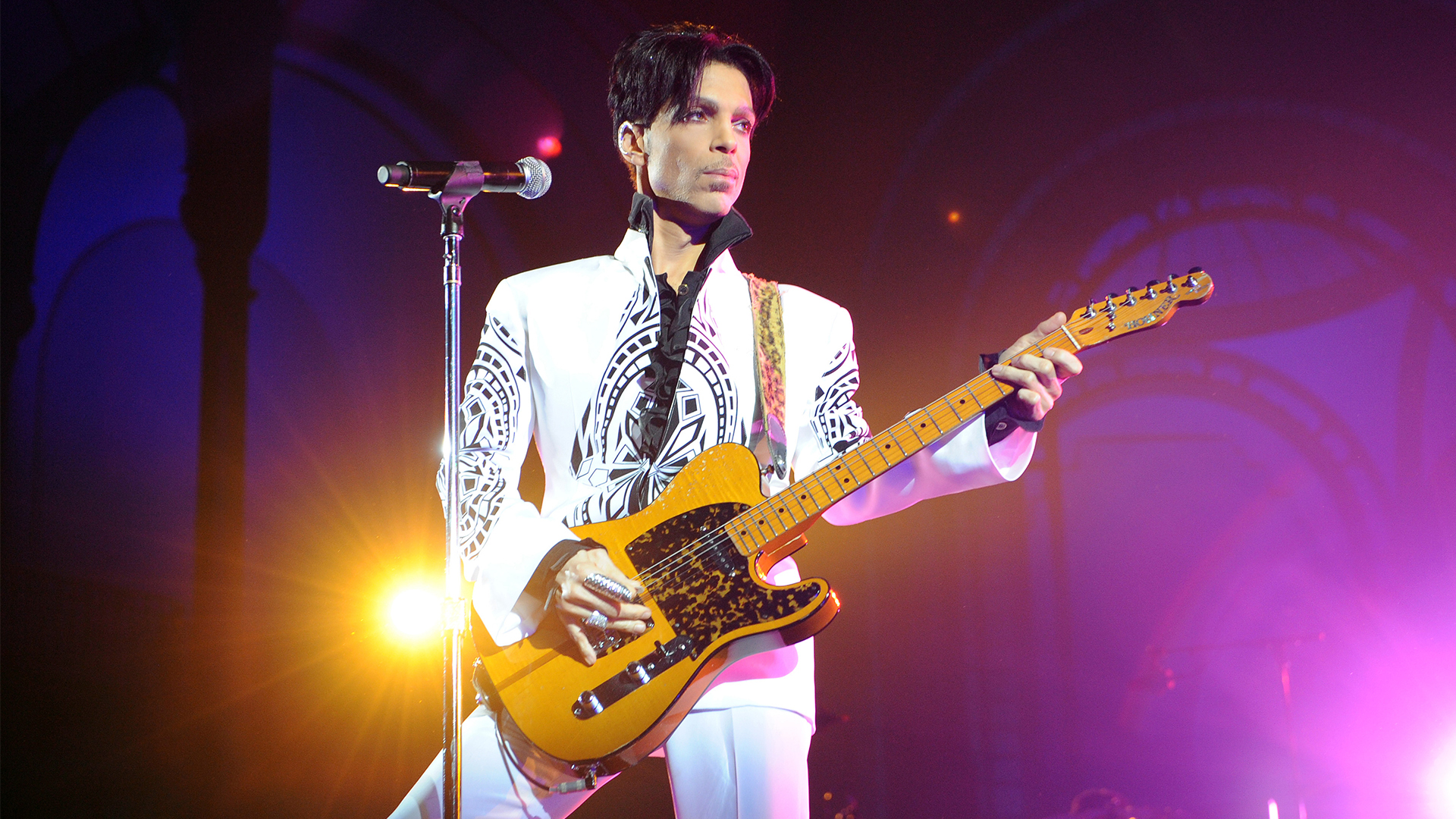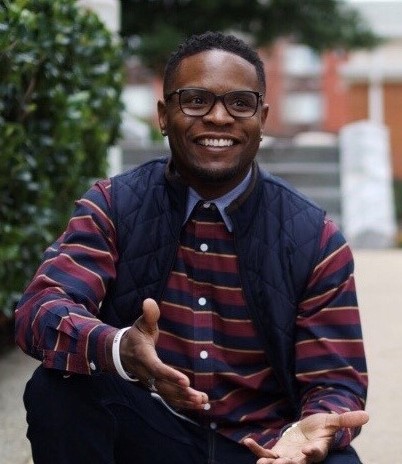A few names will come up in conversations about musical GOATS. From Michael Jackson to Aretha Franklin to Beyoncé, music fans have decades of musical options to tap into. But one could argue that no list is complete without the musical variety of Prince.
Prince Rogers Nelson, commonly known as Prince, displayed musical talents at an early age that defined his long career of creativity.
Throughout his tenure, he recorded classic hits such as “When Doves Cry,” “1999,” and his biggest chart-topping single and album — “Purple Rain.”
It is well documented that the artist was adamant about owning the music he produced. And when he was entrenched in a legal battle relating to ownership, he went to what some might consider extreme measures to get his point across and fight for the creative freedom he desired.
A Billboard report shows the timeline and actions of Prince in his battle with his former label, Warner Bros. His 1992 contract with the label included a $10 million advance per album, 25% of royalties, and six albums. The deal also created a joint venture between Prince’s Paisley Park Records and Warner Bros.
And although this deal was touted as monumental at the time, Prince was reportedly unsatisfied. It’s said that he wanted more freedom and money and advocated the same for the entire industry.
“He drew attention to the issue of artists controlling their own destiny, and he furthered the message as much or more than anyone,” Gary Stiffelman, Prince’s attorney from 1988 to 1994, said per the outlet.
In the documentary-style podcast, “Who Was Prince?” — host and music journalist Touré does a deep dive into the details of the singer’s life and describes the lengths Prince took to have greater autonomy in his career.
During the podcast, he recalls a previous conversation he had with Prince, when the artist explained how the battle with the record label motivated him to write the word “slave” on his face.
“The dispute led him to write the word ‘slave’ on his face to say that he was a slave to his record label,” Touré described. “A lot of people thought he was silly or crazy or disrespectful for that stunt, but it meant the world to him.”
He shared in the podcast episode that Prince thought it was ridiculous to create albums and consistently be on tour and only receive $7 million of an estimated $140 million grossed from the tour.
But comparing the history of enslavement to Prince’s commercial success, Touré questioned how the Minnesota native could consider himself an “enslaved” person. For Prince, the answer was clear.
“Imagine yourself sitting in a room with the biggest of the big in the recording industry, and you have ‘slave’ written on your face. That changes the entire conversation,” Prince had explained, according to Touré. “You know what they think of us? They say, ‘It makes it real hard to talk to you with that on your face.’ Why? And it got real quiet. They don’t want to get into all that. Adding that language into the conversation worked perfectly. It changed the dynamic of the conversation.”
From then on, the singer referred to himself as a symbol combined with the male and female anatomical signs or, as the media noted, “The Artist” or “The Artist Formerly Known As Prince.”
Referring to himself as an enslaved person and changing his name to the unpronounceable symbol was Prince’s way of distancing his entire likeness from the label to obtain his desired autonomy, according to Touré.
“He was trying to renounce his old self, giving himself a new name, and thus declaring he no longer owed the label anything because he claimed he was no longer Prince,” Touré noted.
“Referring to himself as a ‘slave’ was partly about saying…‘Does the label own my music or my body? Do I have the right to leave it if I want? Or am I stuck here?’” Touré continued. “He was light-years away from being a slave… but he was reaching for a shocking public gesture that would embarrass the label into a corner and force them to give him the freedom he wanted. I asked, is there a difference between Prince and the Artist? He said, ‘Only that Prince owns nothing.’”
Billboard further reports that Prince and Warner Bros. eventually parted ways in 1996. He released albums on several other labels after the Warner Bros. era, owning his masters from all recordings with the other labels.
In 2014, Warner Bros. gave Prince his masters for the work he recorded with them in a deal requiring two new albums.
Until his untimely passing, Prince worked relentlessly, fighting for artist ownership across the music industry. Even in 2015, he pulled his music from all streaming platforms — except Tidal — for more revenue share, considering the company released his final two albums.
In a previous report from AfroTech, Ciara noted Prince as one of the influences on her obtaining her masters. Therefore, it seems that his radical movement was not in vain.
“He opened the door for artists to be more free thinking about how they want their music to come out,” Stiffelman told Billboard.


